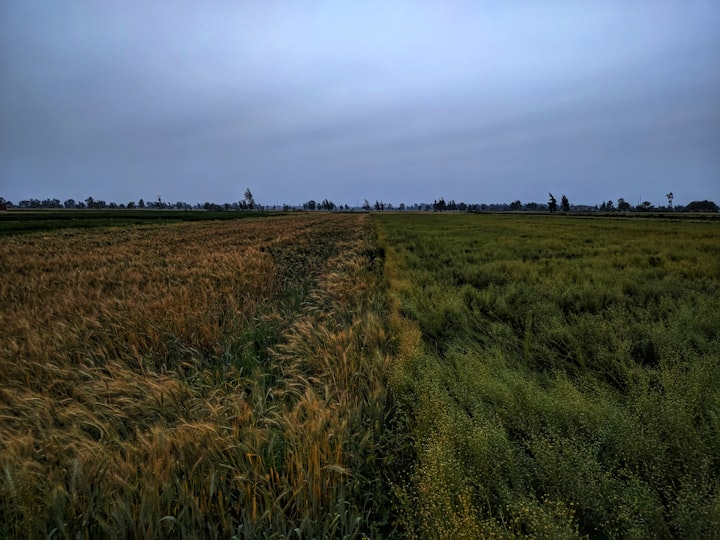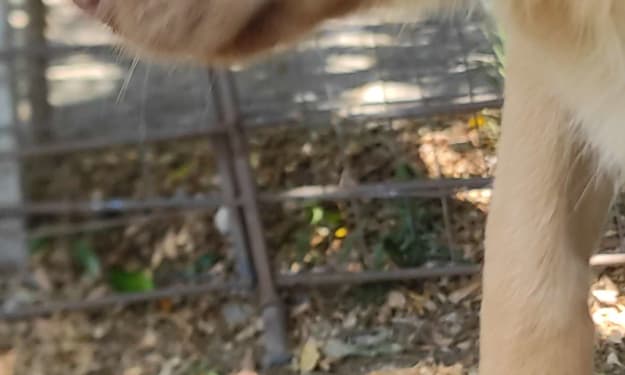Food production in India
Agriculture in India

India is an agricultural country. When we were young, we learned this from our geography textbooks, and it is still true today that we are adults. Not that we haven't made industrial progress in the forty years since we gained independence. We developed into a country that can build and launch its own satellites from a country that could not manufacture "nuts and bolts." But our main focus continues to be agriculture. Seventy-five percent of the population has some connection to agriculture. And we can be proud of some distinctions in terms of productivity. We produce the most sugarcane and rice in the world, respectively. Regarding tea, we are only second to China. .
But despite having so many firsts and seconds, we still cannot provide for our own dietary needs. We continually import wheat from America, rice from Burma, sugar from Indonesia, and cotton from Egypt to feed the millions of our poor people who do not even eat two square meals a day. Though there are other factors that are less visible, its proliferating mouths is one that cannot be contested. Millions of tonnes of food are lost in floods due to improper storage practises and unscientific preservation techniques, if not ruined by the passage of time.
But we typically start by blaming the poor farmer for his inefficient farming practises. How can he adapt himself to modern circumstances with a little plot of land that won't let a large tractor maneuver, without enough money to acquire pricey implements, not even to buy fertilisers and pesticides, and without permanent irrigational facilities? A massive revolution is occurring right in front of his eyes, but he is impotent because of his ignorance, lack of education, and tremendous debt. Which farmer enjoys watching his crops wilt from a lack of water? Or would prefer not to have the greatest harvests possible if he could aid it with an additional supply of manures? No matter how we feel about it,
Agriculture is an industry, and it requires capital just like any other sector. Poor farmers with minimal holdings have little chance of obtaining it. There can be rural banks and cooperative credit societies. Because of his ignorance, he is unable to get through the bureaucracy and obtain assistance quickly. So it makes sense why the yield per acre is still the lowest in the world.
One of the world's most fertile regions is in India. The Indo-Gangetic plain has the potential to become the world's sole and reliable source of food. However, the majority of its rivers empty into the sea, and during floods, they engulf enormous regions, drowning animals and humans alike, wiping out thousands of acres of standing crops, washing village after hamlet until they ultimately become the country's woe. If we have a Bhakra Nangal project, we do not know how to split the water such that each state is satisfied. Instead, we should go cautiously and thrive. Not that long ago, an engineer had the wonderful idea of connecting the Kaveri with the Ganga, which he dubbed the "Ganga Kaveri Project," demonstrated its viability with facts and calculations. However, he lost his cabinet position and the plan was put into a waste paper box before it could win widespread support.
Currently, we are unsure of whether we should move through with the Narmada Valley Project, which might potentially transform enormous parched regions into lovely green belts. Even after spending millions of rupees on the project's work, there are really large people who are still debating for and against it. We should educate ourselves on distribution management rather than water management. The Karnataka administration refused to let Andhra Pradesh use the Krishna's excess waters, which would have otherwise flowed into the Bay of Bengal, until the end of the century. "If you use it now, you will be tempted to use it tomorrow," is its catchphrase.
Therefore, a fresh perspective on the overall system is urgently required. There aren't many families that have at least 5 acres of land each, enough to feed everyone in the family. If they use contemporary methods, switch to intensive cultivation, and replace the plough with a tractor, it will become a successful endeavour. In actuality, several landowners with more than 5 acres of arable land have shifted to contemporary agricultural practises. Their own tractors, wells, and pump systems are available. However, the vast majority of farmers either don't own any property at all or only have 5 acres or fewer. Despite the fact that they do 80% of the cultivation I
n the community, their holdings do not surpass 20% of the cultivated land, indicating that their activities are extremely unprofitable. The government needs to step in and provide all the assistance it can, including setting them up in cooperatives and providing them with high-yield seeds, fertilizer, and other necessary tools. These landless poor must be persuaded to settle down when abandoned lands are recovered by making promises of a minimum amount of cultivable land, tools, and other help. The Chinese were able to bring about a green revolution in just five years by giving away 3/5 of an acre of land to the landless poor, along with a little monetary payment to each family.
Agriculture is excluded from income tax in the name of achieving food self-sufficiency. Even if we do not refer to it as an industry, it is the mother of all activities in which countless millions of people are involved, whether voluntarily or involuntarily. Its task force is considerably larger than that of industry participants, but regrettably it is also the most disorganised. A mill hand has more security than a farm labourer because his interests are better protected, his voice is more heard, and he has an entire organisation fighting and even willing to sacrifice their lives for him. The industrial worker will undoubtedly receive his fair share of benefits under the socialist style of politics that we have established.profit in the future. At least he is now receiving his bonuses.
First and first, the outlook and attitudes of the lucky individuals who are in possession of this enormous gift from nature must change if the entire system is to be altered. The transition will be quiet, serene, and painless if they realise they are merely the custodians and not the actual owners. A change of heart is unquestionably preferable to a change that is forced. But can a father who carries his son about on his shoulders readily adapt?
About the Creator
Sonali Shekhar Choudhary
> The more that you read , The more things will you know .
> Reading brings us unknown friends .






Comments
There are no comments for this story
Be the first to respond and start the conversation.